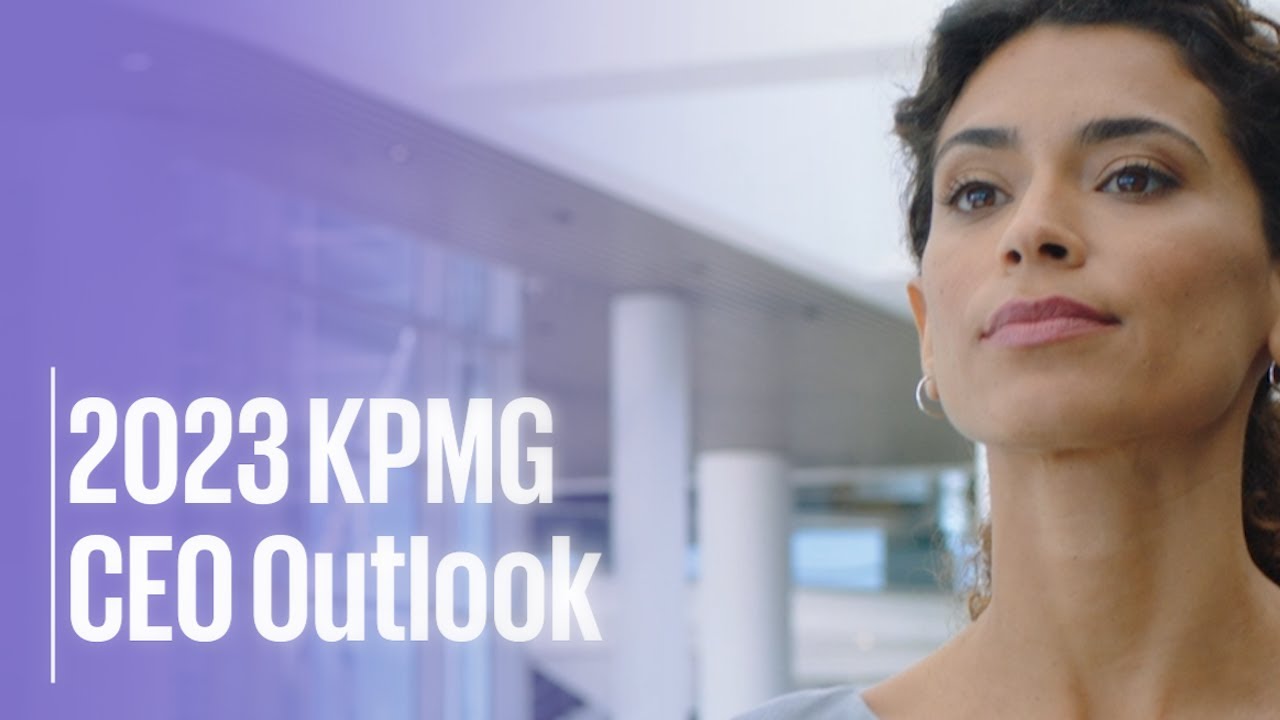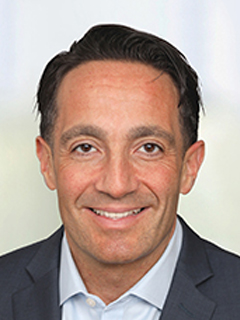CEO Outlook: The private company perspective
This edition of Privately Speaking explores results from our KPMG CEO Outlook survey.

Private company chief executive officers (CEOs) are navigating a US economy that has entered the age of compound volatility: the combination of disruptive risks to growth and structural changes—from sticky inflation to the energy transition to a shifting labor market—that raise the cost of doing business with little margin for error on strategy development and execution.
Not surprisingly, private company CEOs expect the next three years to bring slow growth, increased technology risks, and geopolitical uncertainty. Yet they also believe that emerging technologies and a greater focus on environmental, social, and governance (ESG) can help them improve their margins and their competitive position.
Our annual KPMG CEO Outlook surveyed US private company CEOs and suggests that leaders will be those who focus on four key areas: technology/GenAI, ESG, talent, and inorganic growth. This edition of Privately Speaking explains why.
Technology
Around three quarters of US private market CEOs say they are worried about the negative impacts of disruptive technologies and cyberattacks.
Generative artificial intelligence (GenAI), in particular, is capturing CEO attention with 73 percent of US private company CEOs saying that—despite ongoing economic uncertainty—GenAI will be a top investment priority for their organization. They expect to use the technology to drive new product and market growth opportunities and increased profitability.
Cyber is also a big concern with just 44 percent of private market CEOs saying they feel well-prepared for a potential cyber attack. Interestingly, of those who admit to being underprepared, most blame a lack of skilled personnel and talent in the market (versus just 18 percent who think the threat level has increased).
"To avoid being left behind, C-suite leaders, including the chief tax officer, must work to stay ahead of the AI curve and embrace these rapidly maturing technologies. As CEOs navigate prolonged economic and geopolitical uncertainty, it is important to focus on what they can control. That means considering how they harness generative AI to rapidly conduct scenario planning and address changing market conditions or emerging risks faster and better than ever before."
-Brad Sprong, Partner, National Tax Leader, KPMG Private Enterprise, KPMG LLP

Our CEO talks about the CEO survey.
Get an overview of the survey data and key findings from KPMG LLP Chair and CEO Paul Knopp, in this recent video
ESG
US private company CEOs recognize that action on the ESG agenda will be key to building customer relationships and driving talent attraction. At the same time, they also say that ESG will shape their investment priorities with many suggesting ESG will impact their financial performance and the way they shape their capital allocations going forward.
They also suggest they see significant downside to failing to live up to their stated ESG objectives. The biggest concern is that they might lose faith with potential new recruits. But they also worry that missed ESG objectives may lead to a higher cost of capital and challenges raising new finance in the future.
The good news is that the majority say they have fully embedded ESG into their business to create value, and most expect to see financial as well as reputational returns on their investments within the next five years. Nearly 80 percent also say they are confident they have the capability and capacity to meet new ESG reporting standards.
Private company CEOs understand that ESG is central to building trust with customers, suppliers, investors, and employees. They recognize that stakeholder trust will be paramount as they navigate disruption and work to transform their businesses amidst longer-term structural changes in the economy. But they also expect to get significant business value from their investments by embedding ESG into their business as a means to value creation.
-Sal Melilli, Partner, National Audit Leader, KPMG Private Enterprise, KPMG LLP
Talent and culture
Private company CEOs see a close relationship between talent and growth. While 84 percent say they expect to increase headcount over the next three years (suggesting the job losses caused by GenAI won’t materialize as quickly as many expect), 72 percent think that talent risks could negatively impact their prosperity over the next three years.
Perhaps not surprisingly, therefore, private company CEOs said they would focus on improving their employee value proposition to attract and retain talent as the top operational priority to achieve their growth objectives over the next three years.
Interestingly, 62 percent say they expect their white-collar workers to return to their offices over the next three years. Yet, at the same time, 88 percent acknowledged they may need to sweeten the deal for those making efforts to come into the office (such as favorable assignments, raises, or promotions).
"It’s critical for CEOs to clearly and transparently communicate their values, goals, and progress, while also actively listening to their people and acting on that feedback. Organizations that walk the talk around their talent strategy, culture, values, and ESG commitments can drive deeper and more meaningful connections with their employees."
-Sandy Torchia, Vice Chair of Talent and Culture, KPMG LLP
Inorganic growth
Mergers and acquisitions will likely play a significant role in driving growth for many private market companies over the next three years. In our survey, 63 percent of CEOs said they were likely to undertake acquisitions that would have a significant impact on their overall organization. A further 33 percent said they would likely make acquisitions but expected the impact on their organization to be moderate.
That being said, private market CEOs still suggest they are more likely to focus on organic growth over inorganic for the time being. However, our data also indicates that activity could increase if market conditions stabilize, competitive landscapes change, or the cost of financing changes significantly.
"If the market finds its footing, with a potential end to rate hikes in sight and green shoots in IPO activity, we expect to see organizations restart their inorganic growth plans to help them scale and invest in the future of their businesses."
-Conor Moore, Partner, Global Head of KPMG Private Enterprise
Explore more

Privately Speaking Series
Practical insights for private market leaders from private company advisors.

KPMG 2023 U.S. CEO Outlook
Growth in the Era of Compound Volatility

Insights & Resources
Access our latest thinking featuring actionable insights on top-of-mind business issues.
Meet our team


Subscribe to Private Enterprise insights
Subscribe to receive pertinent information that will help you drive value for your private company.